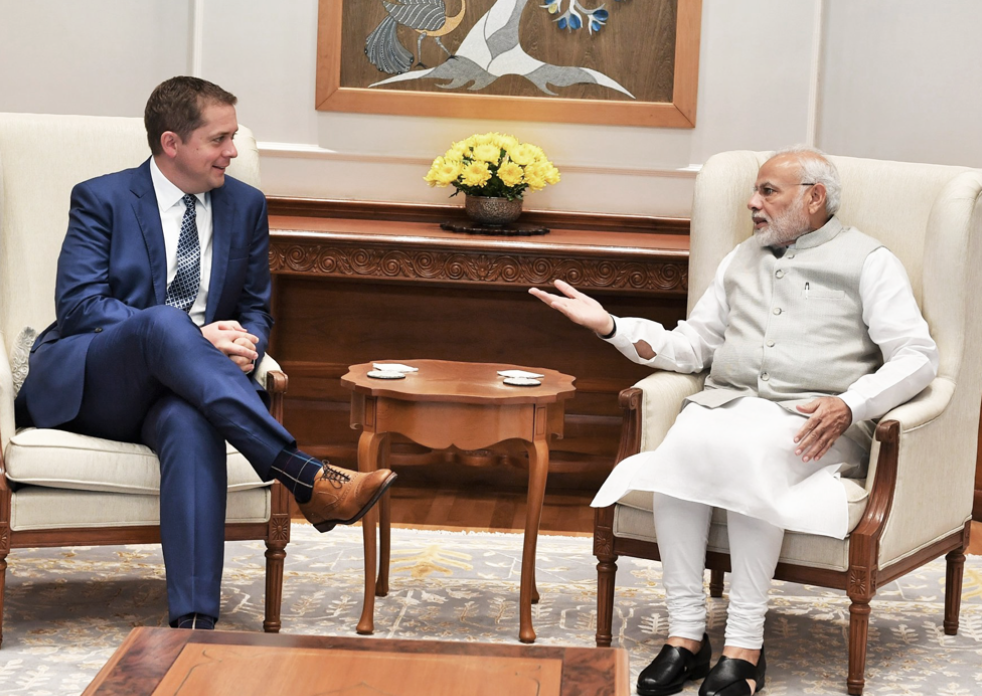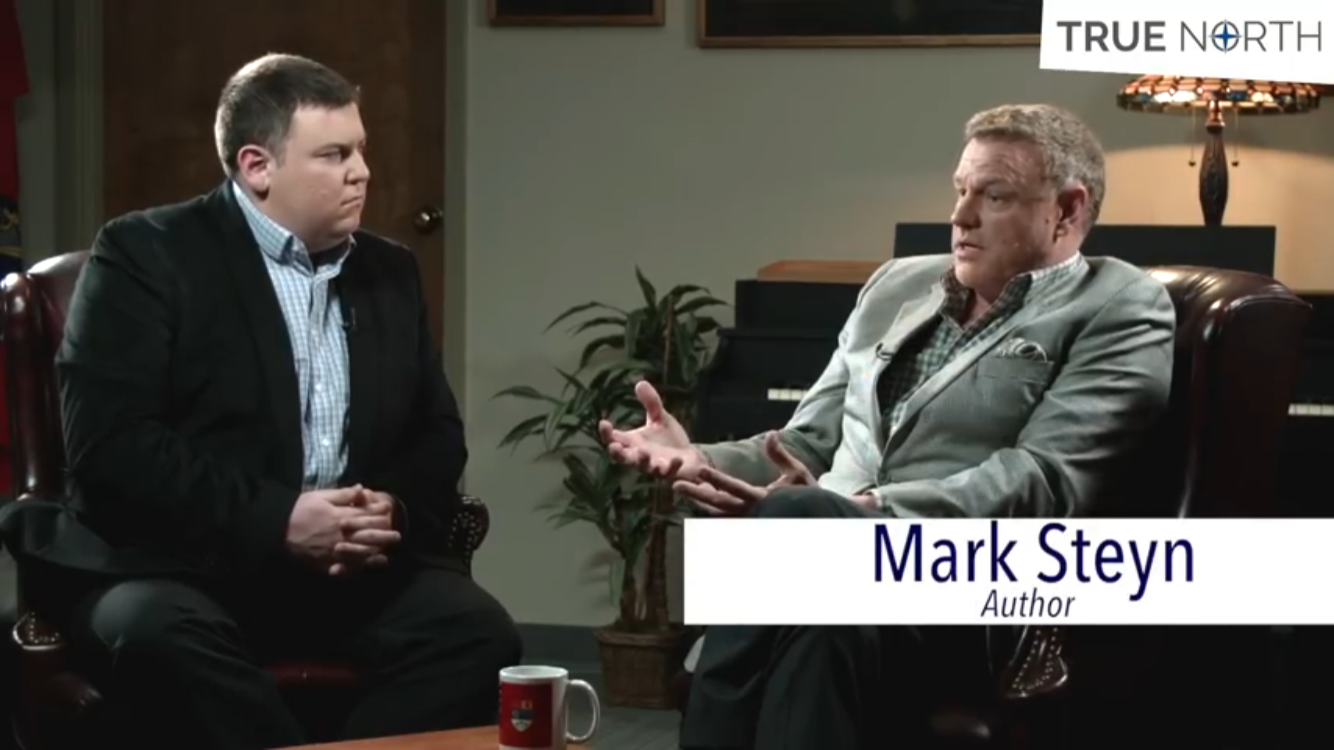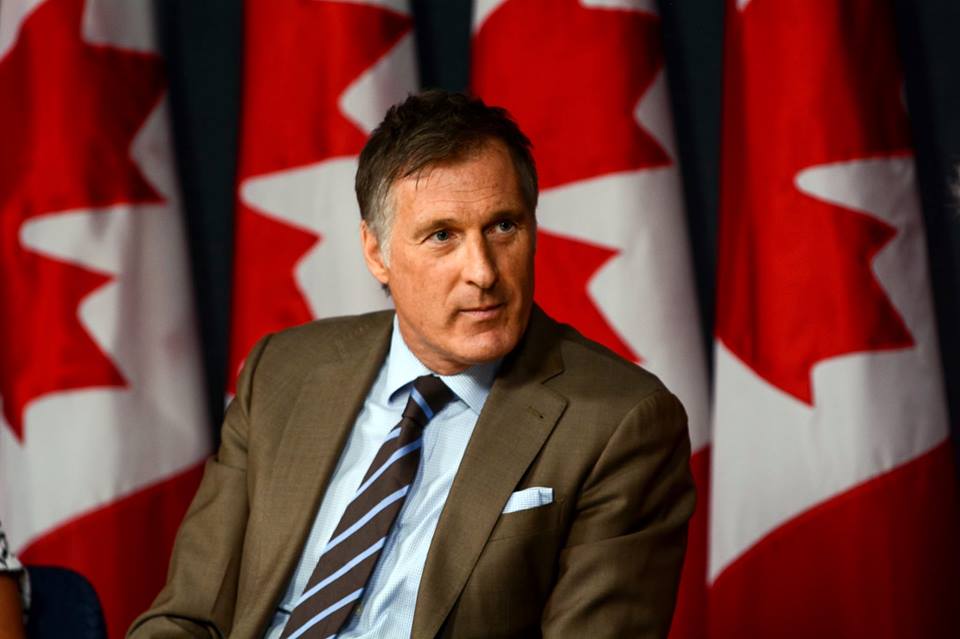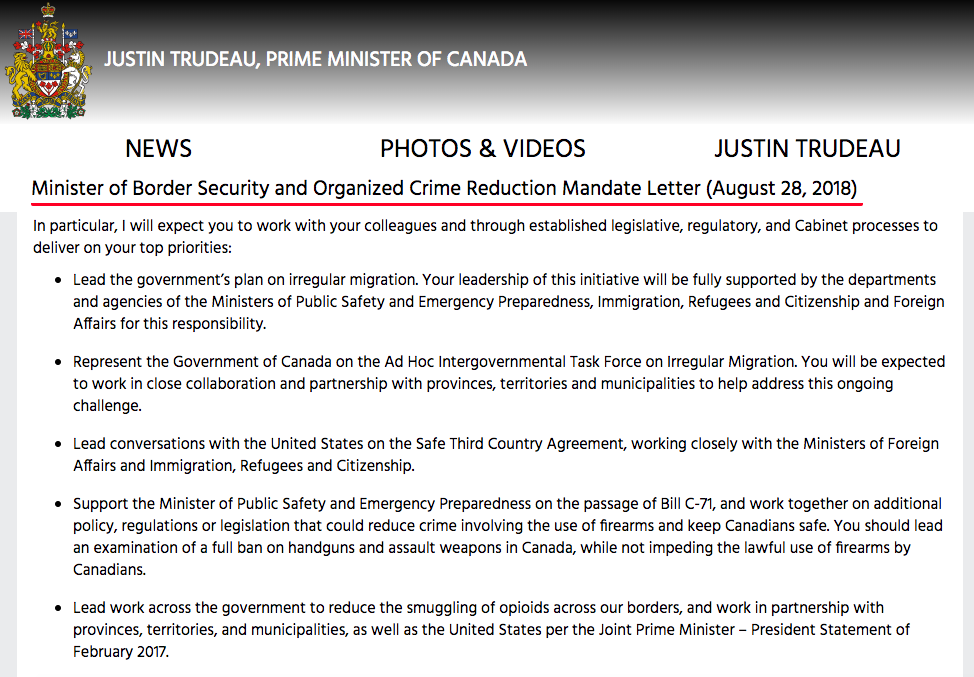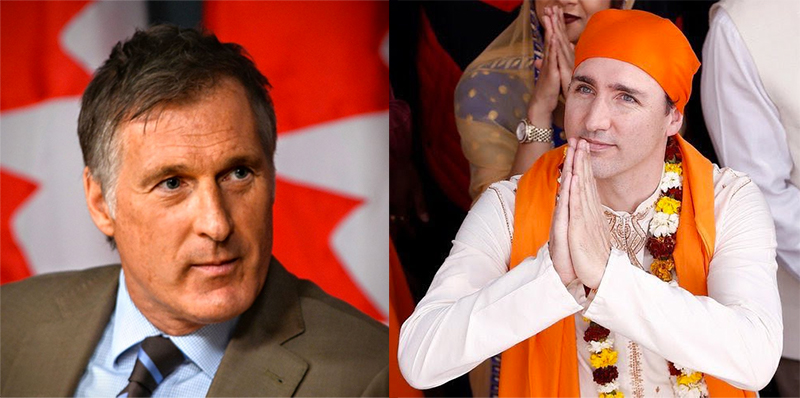I’m no fan of Justin Trudeau’s foreign policy, and like most around the world found myself laughing and shaking my head at the blunder that was his trip to India earlier this year. That being said, trips to represent Canada abroad are the prerogative of the elected prime minister and not opposition leaders.
I tackle this in my latest Loonie Politics column. If you’re not a subscriber, use promo code Lawton for a discounted annual subscription.
As always, here’s an excerpt:
The fact that so few people seem to be hearing about Conservative leader Andrew Scheer’s visit to India means it’s probably a success.
Scheer is leading a delegation this week to promote and bolster trade between Canada and India. Or so he says. I don’t think it takes a political genius to figure out that the Conservatives are trying to remind people how Trudeau made such a mockery of himself and the country when he went in February.
I was on a cruise last week with dozens of American conservatives who still enjoy mocking Justin Trudeau’s ill-fated trip that somehow managed to include more costume changes than a Cher concert.
Oh, and let’s not forget the invitation extended to Jaspal Atwal, a man who attempted to murder an Indian politician in the 1980s.
Scheer’s trip appears to be assassin-free and so far features only business suits, which shows how low a bar Trudeau has set for international visits.
Just a few days in, Scheer has already sat down with a number of Indian cabinet members as well as prime minister Narendra Modi, who seemed rather disinterested when Trudeau landed in India earlier this year. It bodes well for Scheer how close a relationship his predecessor, Stephen Harper, had with Modi.
The trip will be a win for the Conservatives, but not for Canada. Scheer is a key player in Canadian politics, but he isn’t one in the Canadian government. He’s in no position to negotiate on Canada’s behalf, and there’s no guarantee he ever will be. Whether he wants to admit it or not, this trip was undoubtedly a political calculation, aimed to show Canadians he’s up for the job of being prime minister.
Unfortunately, this political move violates the unwritten rule that countries must present a unified front and speak with one voice outside their own borders. When Scheer takes these sorts of high level meetings, he’s representing Canada, despite not having the authority to do so.

